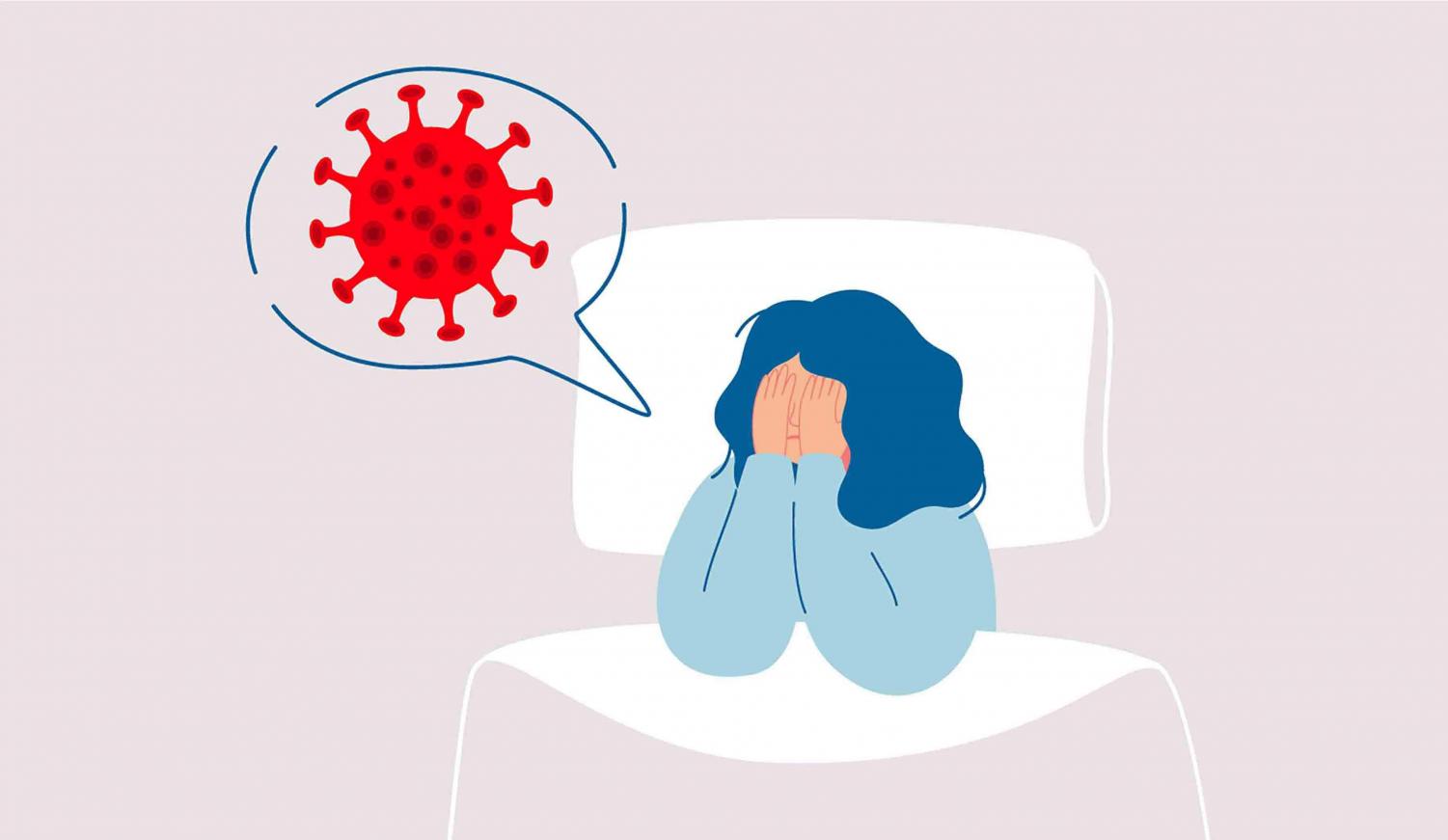How Has the Pandemic Affected Your Sleep?
Have you recently experienced restless nights? Trouble falling asleep? Weird dreams? You’re not alone.
If you are experiencing any of these sleep symptoms, they may be related to the social end emotional impacts of the COVID-19 pandemic. While sleepless nights are not a symptom of the virus, a significant percentage of the population is currently reporting an uptick in insomnia.
Kelly Baron, an associate professor in the Department of Family & Preventive Medicine at the University of Utah Health, conducted a research study on how the pandemic affects people’s sleep routines. She states, “there are people who are already experiencing sleep problems, and some of those are being exacerbated by this pandemic, mostly due to anxiety. There are also people who have never had sleep problems before who are experiencing them because of all the uncertainty and changes that are going on.”
The tension that comes with living in a pandemic can cause high levels of stress and anxiety. We feel most safe when we have control over our daily lives, doctors suggest. But right now, for some, it feels like a free-fall.
Having vivid, complex, and utterly weird dreams is another normal outcome of this new reality. Karen Turner of Vox explains to readers that “people around the world hunker down in quarantine or otherwise adjust to the disease, many have anecdotally reported having weirder, more vivid dreams than usual — some related to the coronavirus, some about mundane life in the pre-pandemic world, and some just plain strange and inexplicable.”
Dream analysis, though much-disputed as a science, is being widely applied to these new ‘pandemic dreams.’ So-called “dream analyzers” say they can understand a lot from a single dream, and “some researchers believe that dreams have a functional purpose of preparing us for difficult or challenging situations when we awake…what happens during a stress dream is that your mind appears to be working a problem out.”
Scientists have seen stressful nightmares during and after a crisis before. In the immediate aftermath of 9/11, Rowan Hooper writes, “‘many New Yorkers reported dreams of being overwhelmed by a tidal wave or being attacked and robbed.’”
Along with sleepless nights and odd dreams comes mountains of theories. Katja Valli, a cognitive neuroscientist at the University of Turku, Finland, explains, “‘the threat-simulation theory predicts that when we are facing threats and feel fear and anxiety, our dream production mechanism starts simulating those fears and worries in our dreams…’”. .
If you’re looking for ways to control your vivid dreaming, there are proven methods that can be effective. Start a dream journal; try to remember as much as possible about your subconscious feelings. It can help you sort out some of the emotions you might be portraying in your dreams. Another way is manifestation/meditation; take a few minutes of your day and clear your mind. Try to relax and not watch anything that might generate intrusive thoughts. COVID-19 has brought many new things to the table of life, but little did we know it would bring wild dreams.
Works Cited
Hooper, Rowan. “How Coronavirus Is Affecting Your Dreams – and What to Do About It.” New Scientist, 30 Apr. 2020, www.newscientist.com/article/2242379-how-coronavirus-is-affecting-your-dreams-and-what-to-do-about-it/.
“How Is the Pandemic Affecting Sleep?” University of Utah Health, 15 June 2020, healthcare.utah.edu/healthfeed/postings/2020/06/pandemic-sleep.php.
Nguyen, Terry. “Having Weird Dreams in Quarantine? You’re Not Alone.” Vox, Vox, 9 Apr. 2020,www.vox.com/the-goods/2020/4/9/21215312/quarantine-vivid-dreams-psychologist-q-and-a.

